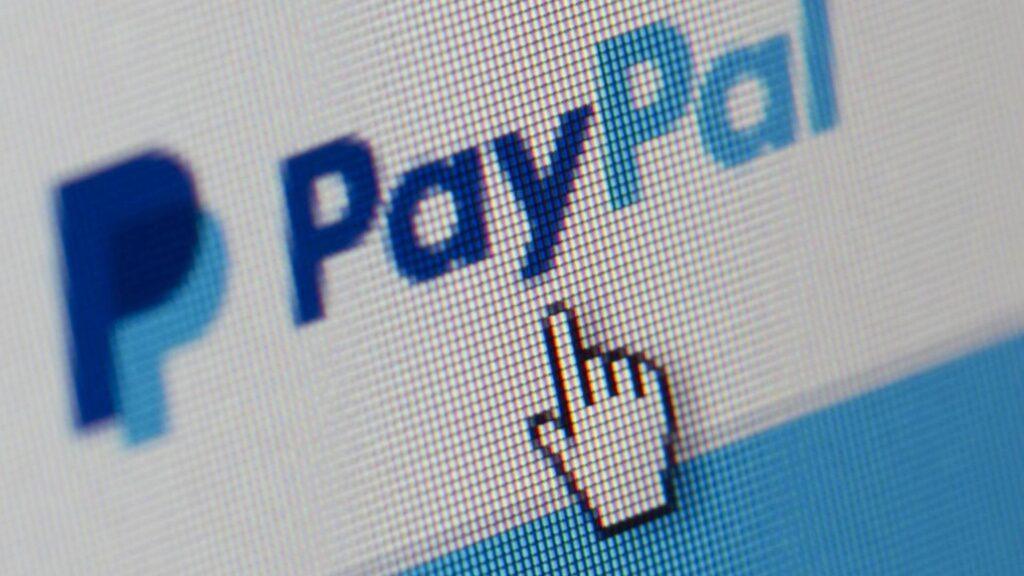- European banks freeze PayPal transactions after the fraud system failure trigger the interruption
- Merchants face delayed payments since billions in direct debit of PayPal stopped
- The suspicious surge obliges lenders to suspend the activity of PayPal in Germany and Europe
European banks temporarily frozen PayPal transactions worth billions after the failure of the fraud system caused a generalized suspension of direct debit and delayed payments for merchants and online clients.
Several German lenders, including Bayerische Landesbank, HESSISCHE LANDESBANK and DZ-BANK, stopped direct debit linked to the online payment platform after detecting suspicious activities.
German newspaper Süddeutsche Zeitung Said the total amount involved could exceed 10 billion euros.
“TEMPORARY SERVICE INTERRUPTION”
The problem seems to have begun at the end of last week when PayPal presented a wave of direct debit to banks without filtering them through their fraud checks.
That led to an unusual increase in transactions that seemed suspicious or potentially fraudulent.
Banks’ systems marked irregularities and many decided to freeze all PayPal’s activity for a period.
A PayPal spokesman confirmed the interruption, saying: “PayPal had an interruption of the temporary service that impacted certain transactions of our banking partners and possibly its customers. We quickly identify the cause and we are working closely with our bank partners to ensure that all the accounts have been updated.”
On PayPal’s help page, a brilliant red banner currently says: “During the weekend, we experienced an interruption of the temporal service that turned out that transactions were delayed for a small number of accounts. The problem has been solved.”
The German banking industry committee indicated that irregularities were observed on Monday and that individual institutions responded accordingly.
For merchants, freezing meant that payments did not arrive on time, even though customers still had their money. Insiders said SZ that reconciling the affected transactions could take days.
The scale of the interruption and temporary freezing of the payments underlines the risks of the failures in the systems that process such a large part of online trade.
The new problem occurs shortly after PayPal was linked to the appearance of millions of details of the stolen account on the dark website. That case was linked to past violations instead of a new attack, but still raises questions about the safety of online accounts.




